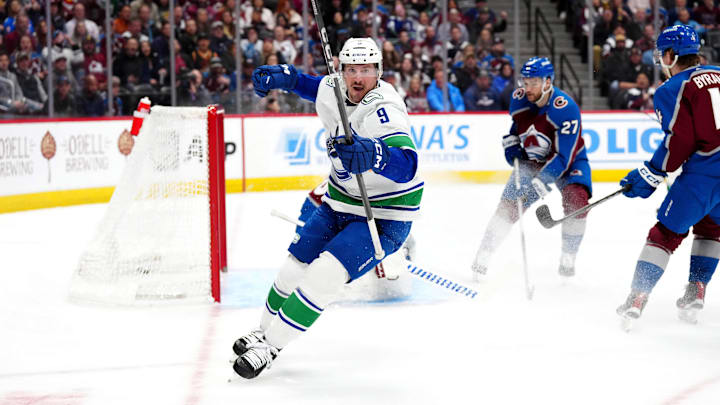Time for the Canucks to lean heavily on Thatcher Demko
In 2021-22, Thatcher Demko started in 61 contests and played in 64. While the team wasn’t spectacular, it was Demko’s best year to date. He ended the season with 33 wins, a 0.915 save percentage, a 2.72 GAA, a shutout, a solid 0.574 quality starts percentage, and just seven really bad starts.
Most of the numbers are even better this season, but the Canucks haven’t leaned on Demko quite enough, with Casey DeSmith securing 16 starts to date. But the results between Demko and DeSmith couldn’t be more different, with the former attaining 30 wins, a 0.918 save percentage, a 2.44 GAA, and an eye-popping five shutouts to go with a 0.667 quality starts percentage, and seven really bad starts.
Compared to Demko’s 2021-22 numbers, only his RBS is about to be worse. As for DeSmith, he has just seven wins, an 0.894 save percentage, a 3.06 GAA, just one shutout, and five really bad starts. Only his 0.563 quality starts percentage fares as a decent number, but given his RBS, it’s clear that DeSmith is struggling through nearly as many bad games as good ones.
With these numbers in mind, it shouldn’t be tough for Vancouver to roll with Demko on most nights, preferably 80 percent of the remaining games, if not more. Currently, he’s started just 70 percent of them, so four in every five would do well for Vancouver.
(Statistics provided by Hockey-Reference as of February 21st)
